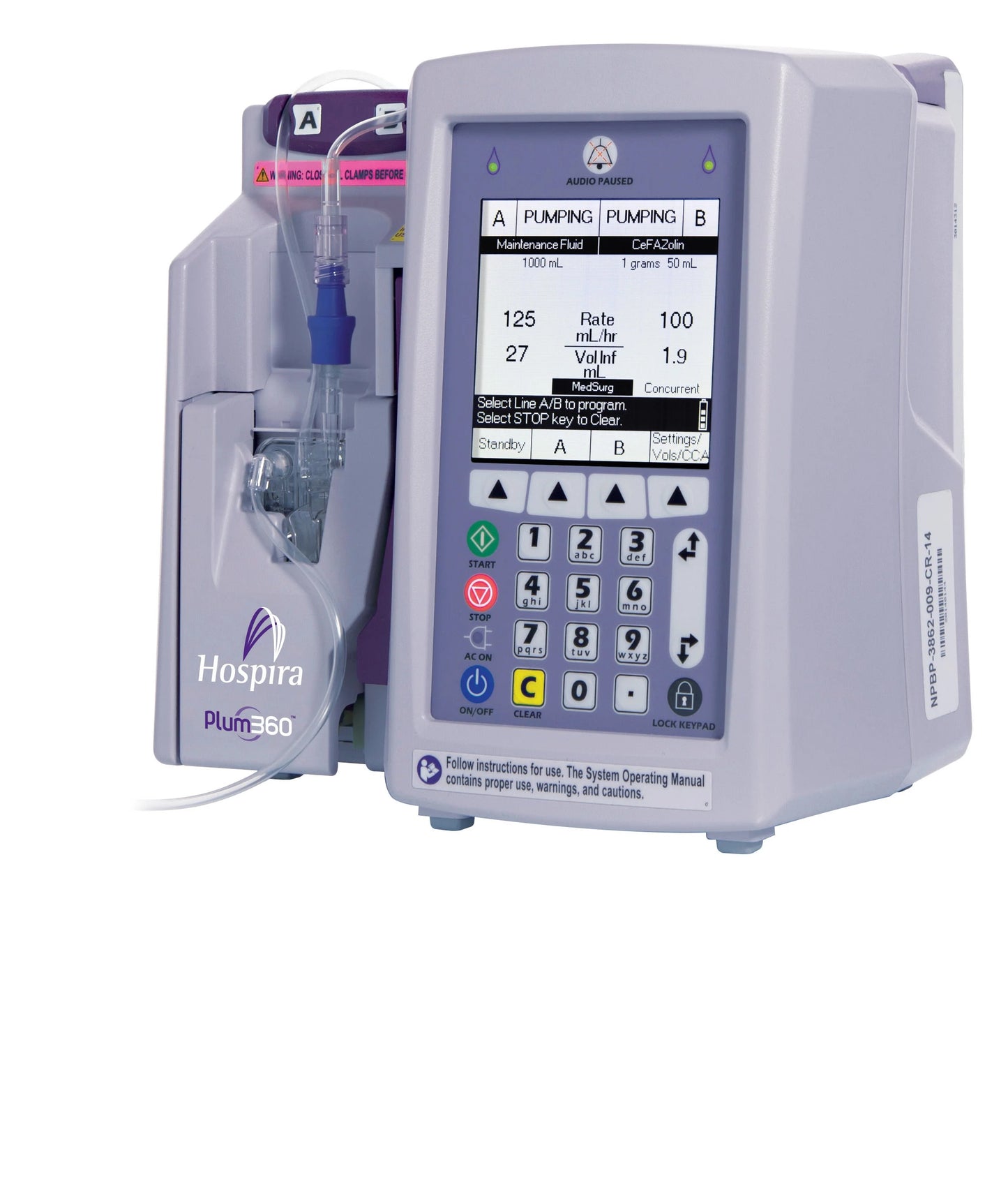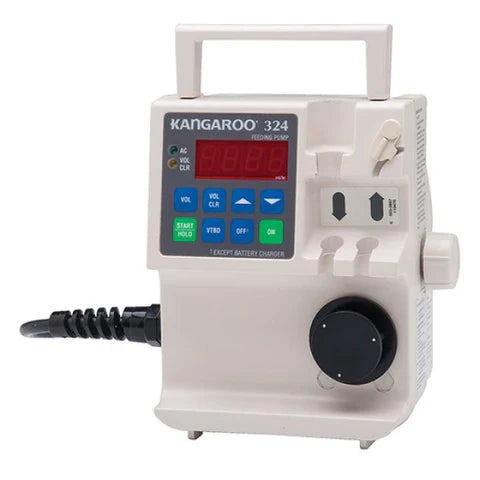
In the realm of medical technology, infusion pumps stand out as indispensable tools, especially in the context of dialysis treatment. Dialysis, a life-sustaining procedure for individuals with impaired kidney function, relies heavily on precise fluid management and medication delivery. Here, infusion pumps play a pivotal role, offering numerous benefits that enhance the effectiveness and safety of dialysis therapy.
The Importance of Infusion Pumps in Dialysis
Dialysis, whether hemodialysis or peritoneal dialysis, involves the careful removal of waste products and excess fluids from the bloodstream, mimicking the functions of healthy kidneys. This intricate process necessitates meticulous control over fluid volumes, medication dosages, and infusion rates to ensure optimal patient outcomes.
Infusion pumps are instrumental in achieving this level of precision. These devices deliver fluids, such as saline solutions or medications like heparin or erythropoietin, at controlled rates directly into the patient's bloodstream or peritoneal cavity. In the context of dialysis, infusion pumps are employed for various critical functions:
-
Medication Administration: Dialysis patients often require medications to prevent clotting, manage blood pressure, or address anemia. Infusion pumps accurately deliver these medications, ensuring they reach the bloodstream at the prescribed rate and dosage.
-
Fluid Management: Controlling fluid balance is paramount in dialysis to prevent complications such as fluid overload or dehydration. Infusion pumps enable precise regulation of fluid removal and replacement, crucial for maintaining hemodynamic stability during treatment.
-
Nutrient Delivery: In peritoneal dialysis, where the peritoneum acts as a semipermeable membrane for waste removal, infusion pumps facilitate the infusion of dialysis solutions into the abdominal cavity, allowing for efficient toxin clearance.
The Benefits of Using Infusion Pumps in Dialysis
The integration of infusion pumps into dialysis therapy offers a multitude of advantages, both for healthcare providers and patients:
-
Accuracy and Precision: Infusion pumps deliver fluids and medications with unparalleled accuracy, minimizing the risk of dosing errors and ensuring precise control over treatment parameters.
-
Enhanced Safety: By eliminating manual administration and reducing the potential for human error, infusion pumps enhance patient safety during dialysis sessions, mitigating the risk of adverse reactions or complications.
-
Customization and Flexibility: Infusion pumps allow healthcare providers to tailor treatment regimens to individual patient needs, adjusting infusion rates and dosages based on clinical parameters and therapeutic goals.
-
Time Efficiency: Automated infusion pump systems streamline the dialysis process, freeing up healthcare professionals to focus on other aspects of patient care while ensuring consistent and uninterrupted treatment delivery.
Understanding How Infusion Pumps Work
Infusion pumps operate on the principle of positive displacement, utilizing mechanical or electromechanical mechanisms to deliver fluids at precise rates. The basic components of an infusion pump include:
-
Pumping Mechanism: Infusion pumps employ various pumping mechanisms such as peristaltic, syringe, or piston-driven systems to propel fluids through tubing and into the patient's vascular or peritoneal space.
-
Control Interface: Modern infusion pumps feature user-friendly interfaces that allow healthcare providers to program infusion parameters including flow rates, volume limits, and infusion duration.
-
Safety Features: Infusion pumps are equipped with built-in safety features such as occlusion detection, air-in-line detection, and alarm systems to alert caregivers of potential issues and prevent adverse events.
-
Remote Monitoring: Some infusion pump models offer remote monitoring capabilities, enabling healthcare providers to monitor treatment progress and intervene promptly in case of abnormalities or system malfunctions.
Infusion pumps play an indispensable role in optimizing dialysis therapy, offering precise fluid management, medication delivery, and enhancing patient safety and comfort. As technology continues to advance, infusion pumps will undoubtedly remain indispensable tools in the quest to improve the quality of care for individuals undergoing dialysis treatment.




